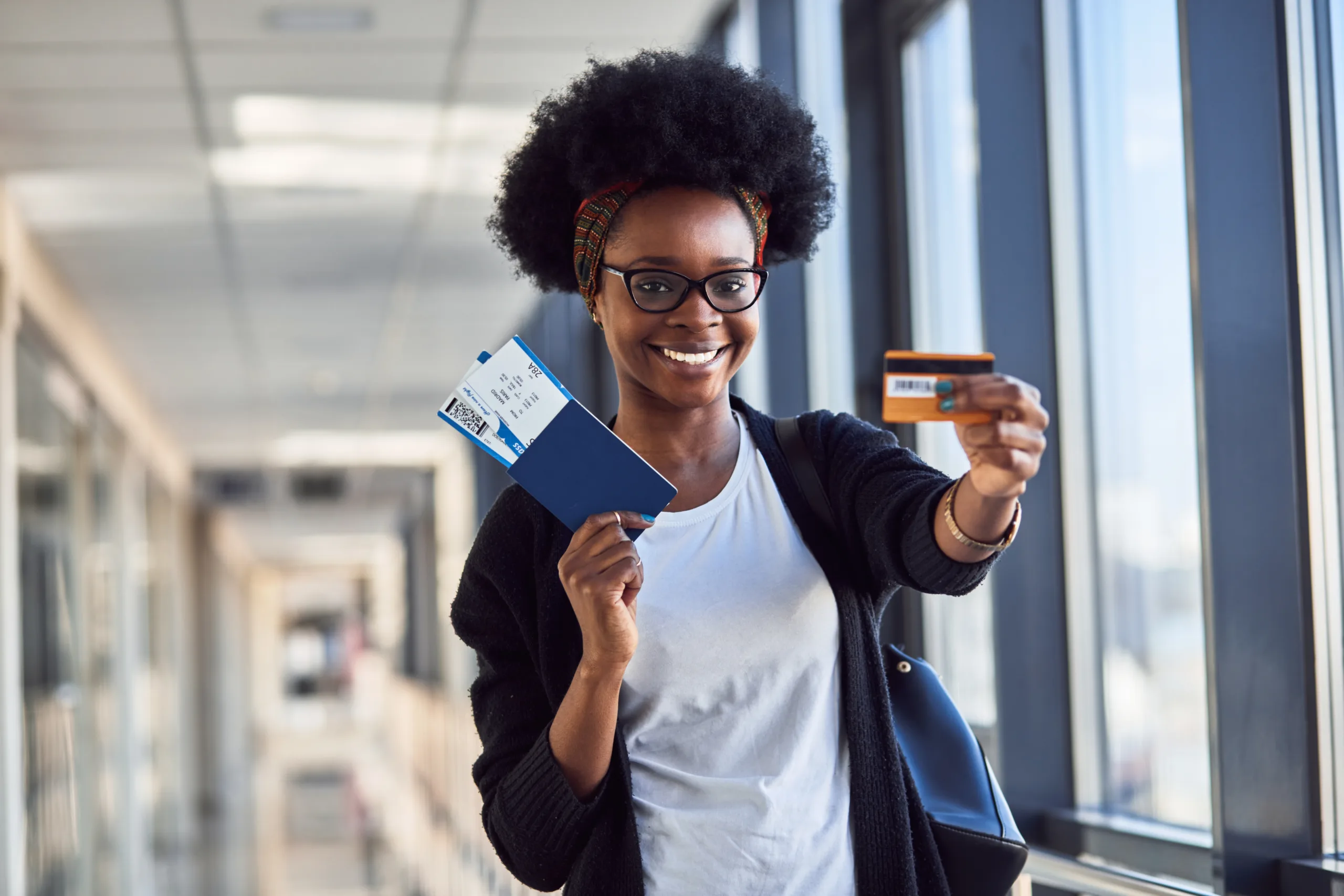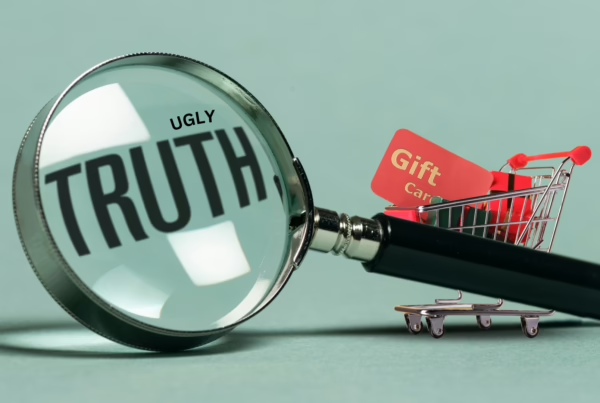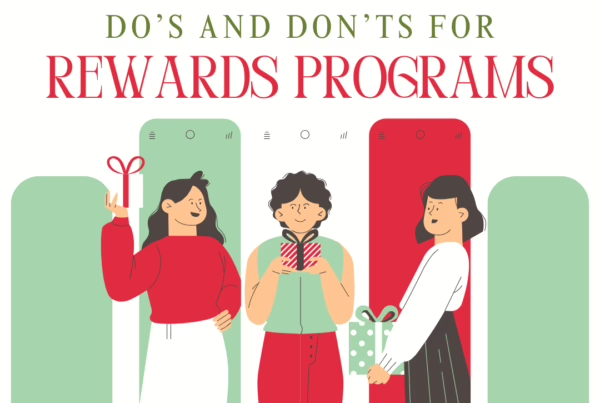
Prepaid cards are the ultimate incentive to grow your business in the travel ownership industry, including the campground, RV, timeshare, and hotel sectors. They’re flexible to use for any event, tour, or recruiting initiative and provide immense value to your customers.
Unlike loyalty points collected over time, digital rewards are instant and can be spent at a moment’s notice. Giving immediate rewards is crucial for rewarding large sales in the vacation ownership market, where buyers usually make infrequent purchases. Overall, short-term card incentives can increase your sales by as much as 27%, so let’s review all their benefits and uses.
What are the benefits of using prepaid cards?
1. Eliminates cash
With loadable cards, you no longer need to worry about losing cash during transactions or mishandling currency. Cards are a cleaner, safer, and much more convenient alternative for both you and your customers or sales reps.
2. Easily trackable
In addition to practicality, cards offer you security. The last thing your incentive and rewards program needs is the threat of in-house theft or fraud. Every transaction is traceable on prepaid cards, ensuring your program and finances are secure. Some card providers also provide data dashboards to glean valuable insights into customer buying habits, giving you complete oversight of your program’s efficacy.
3. Seamless integration
Adopting a new card program or digital tool doesn’t have to be difficult. Prepaid cards are compatible with many existing APIs, POS systems, and payroll software, making it even easier to distribute money while saving time and admin costs.
4. Unlimited customization
From load amounts to the actual card design, prepaid cards can be tailored to your brand and sales program specifications. Choose between open-loop or closed-loop systems, allowing recipients to either spend cards anywhere or within specific industries. Featuring your logo and branding on each card also reminds recipients of your generosity, building brand recognition and customer loyalty to reap in the future.
The bottom line: travel and rewards go best together, and prepaid cards make it happen.
Different ways to use prepaid cards that serve your travel ownership business:

1. Vacation property tour incentives
Selling timeshares or any vacation property involves giving tours to potential buyers. Since most clients are reluctant to spend time attending presentations, offering prepaid cards is a strong incentive to encourage them. Other tour incentives include discounted trips, hotel stays, or cash, but cards give participants the freedom to spend the rewards how they wish. When a flexible reward like prepaid cards is offered, companies report a 79% success rate in achieving their goals, like selling more property units.
2. Owner referral programs
Companies offering referral programs to customers have 86% more revenue growth than companies that don’t. Why? Because word of mouth is one of the strongest forms of marketing and referral programs turn your best customers into your best salespeople. In your next referral program, use prepaid cards to drive leads, timeshare tours, and overall sales.
3. Recruiting
In addition to customer referrals, add employee referral programs to your recruiting strategy. You can offer cards to each new hire as a sign-on bonus or to existing employees who recruit on behalf of the company. These rewards are increasingly important in the current labour shortage and highly effective.
4. Transportation reimbursements
Sales or marketing in the vacation ownership industry often entails transportation costs. The cost of transporting clients and employees from events, tours, or meetings can rack up quickly and be difficult to track. Instead of handing out cash, prepaid cards allow you to easily monitor and reimburse expenses such as taxis or Uber rides, metro passes, and shuttle services.
5. Event weekends
Encourage clients to attend your event or company party with preloaded cards that they can use at their discretion. Physical cards can be handed out as visitors arrive, whereas virtual cards can be distributed in advance of the event, each offering different benefits. Also, by customizing the cards with your company logo, recipients will recognize your brand among the other incentives they receive, long after the event ends.
Contact us to help streamline your sales.




 Junius Cheng
Junius Cheng  Nikko Pangilinan
Nikko Pangilinan Jamie Rust
Jamie Rust Lisette Anciaes
Lisette Anciaes Roy Murad
Roy Murad Huguette Masse
Huguette Masse Mira Tzur
Mira Tzur Chris Michaelis
Chris Michaelis Diana Marie
Diana Marie Lauren Weekes
Lauren Weekes Dianne Dickens
Dianne Dickens Aysha Shahid
Aysha Shahid Ray Forzley
Ray Forzley